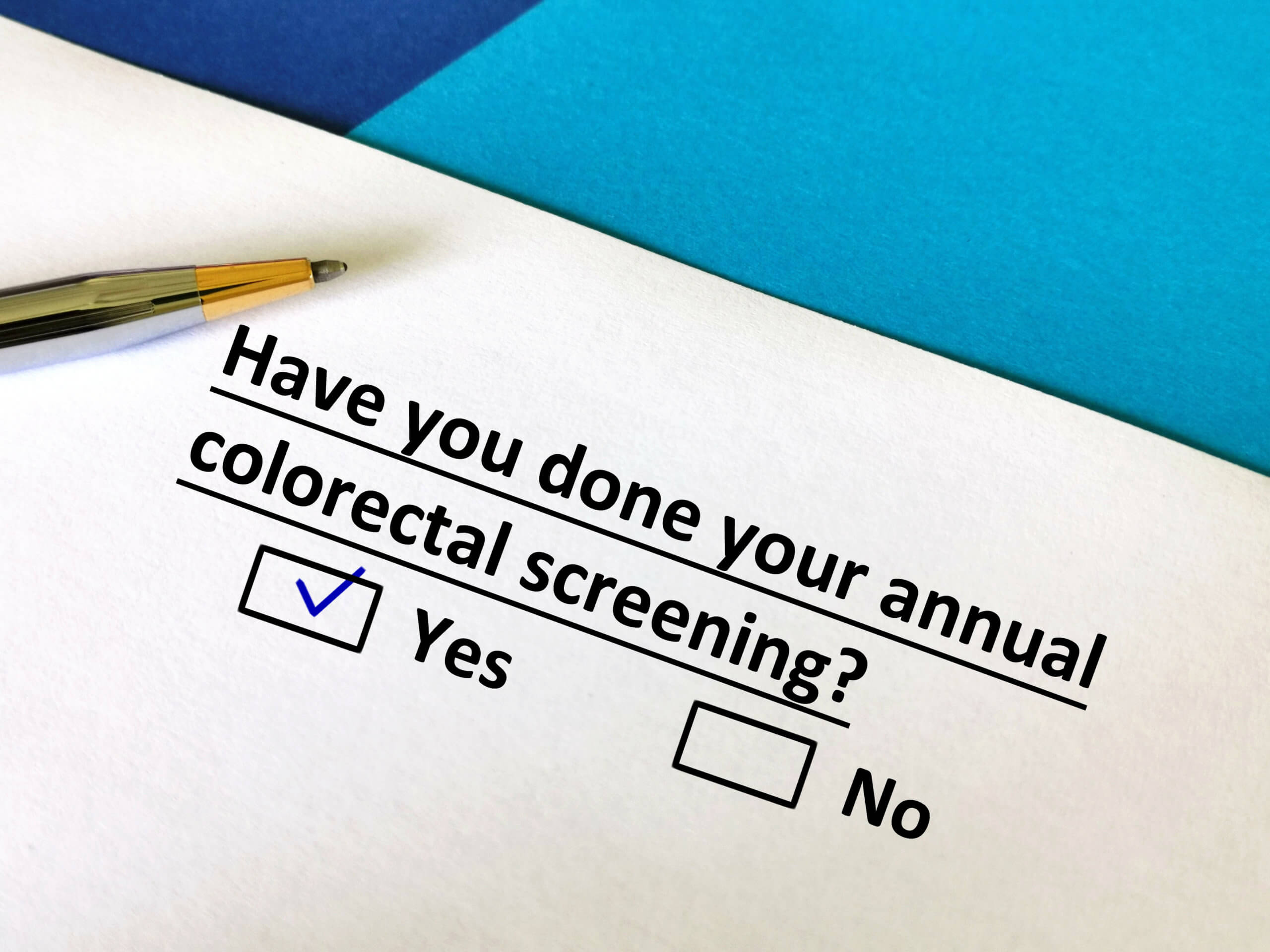“An ounce of prevention is worth a pound of cure” is a phrase attributed to Benjamin Franklin. He started publishing his annual Poor Richard’s Almanac in 1732, to bestow such wisdom on the public. Do you think he could have imagined that his words would be just as alive and meaningful today as they were then – but we’d be talking about screening for colorectal cancer (CRC) using colonoscopy? According to a new study from Massachusetts General Hospital (MGH), endoscopic screening for colorectal cancer (CRC) in women before the age of 50 can significantly reduce the risk of developing the disease.
These findings support recommendations from the American Cancer Society and the U.S. Preventive Services Task Force to commence screening at age 45, to address the growing incidence of younger-onset CRC.
“While there’s been an alarming increase in the incidence of colorectal cancer in recent decades in younger individuals, screening has largely been focused on people over 50,” says Dr. Andrew Chan, a gastroenterologist and epidemiologist at MGH, in a statement. “Our work provides first-of-its-kind data to show that initiating screening at a younger age can reduce an individual’s risk of colorectal cancer and the population’s overall incidence of cancer, thus demonstrating the substantial impact of earlier screening on both individual and population-wide scales.”
Colorectal cancer has the third highest incidence of death in both men and women in the U.S. The total number of CRC cases has declined, but the incidence among people younger than 50 increased by 51 percent from 1974 to 2013. To evaluate the association between CRC risk and endoscopies at different ages, the MGH study included 111,801 women from the Nurses’ Health Study II, a large cohort of registered nurses residing in 14 states.
There was a 50 to 60 percent lower risk of colorectal cancer among women who started endoscopic screening at age 45 compared to those who were not screened. In addition, starting screening at ages 45 to 49 resulted in a significant reduction in the population’s actual cases of CRC diagnosed through age 60, compared to women who began screening at ages 50 to 54. Chan speculates that the same benefits apply to men.
Endoscopic screening allows for removal of polyps that could over time become malignant, and for detection of early-stage cancers that can be treated more effectively.
Chan emphasizes the public health implications of his team’s research. “Any trepidation that clinicians might have had about the effectiveness of CRC screening at a younger age will hopefully be allayed by these results,” he says. “Our data show that we have an effective tool to address the epidemic of colorectal cancer among younger adults, and hopefully this will encourage physicians to have a conversation about screening with their younger patients which, in turn, will motivate them to follow through and get screened.”
The research is published in JAMA Oncology.
